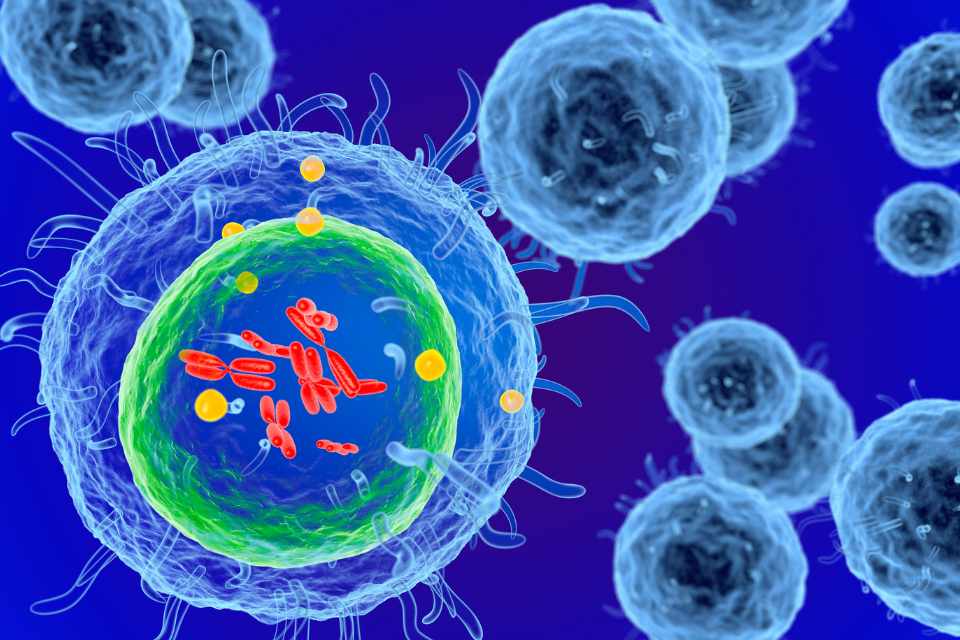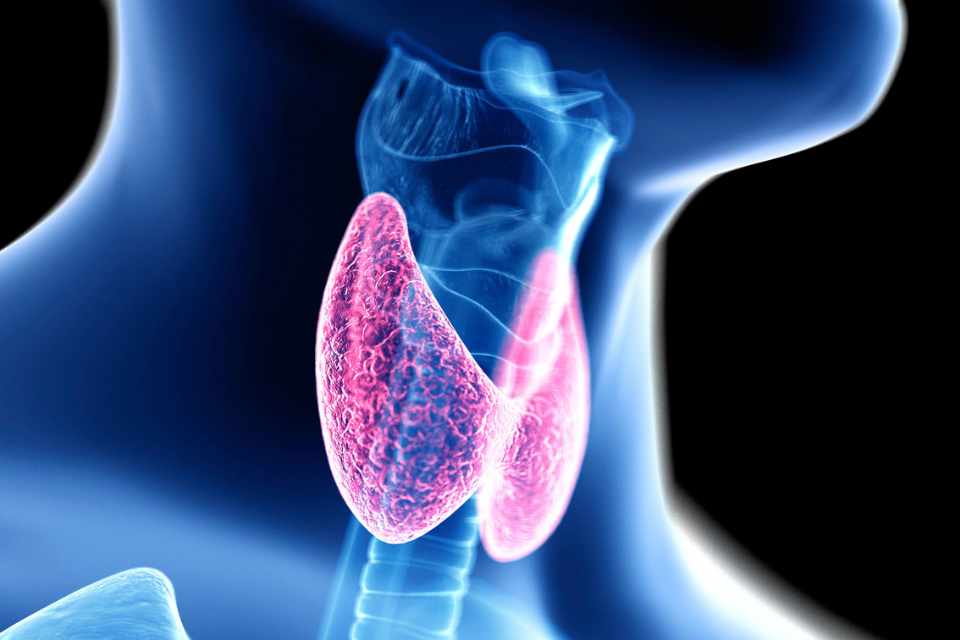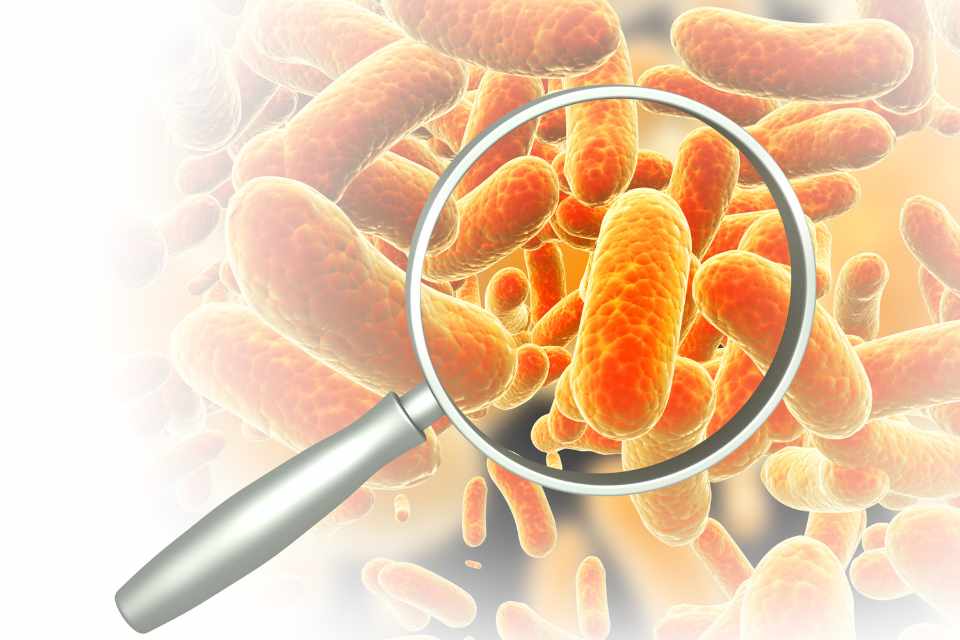Meniere’s disease is an uncommon, chronic condition of the inner ear. The part of the ear that helps to control balance. It can be a frightening disease with a serious impact on wellbeing and quality of life.
The disease often starts between the ages of 40 and 50. Triggered by injury or disease. Research suggests other causes may be genetic, allergic or autoimmune. In any case, it changes the volume or composition of the inner ear fluid.
A build-up of pressure causes dilatation of the inner ear membranes of the affected ear. Which leads to the characteristic, episodic symptoms.
Symptoms of Meniere’s disease
- loss of balance (vertigo)
- ringing in in the ears (tinnitus)
- loss of hearing
- a sense of pressure or fullness in the ears
The hearing loss often begins in one ear and then later develops in the other. And, the condition is disabling when it affects both ears.
The episodes of vertigo can last 20 minutes to several hours. They are generally more frequent early in the disease process. But they are quite variable between sufferers and even in the same person.
The aim of most conventional treatments is controlling symptoms. In the 1930s, came the discovery that a low salt diet helped with symptoms. This is still the first suggested line of treatment. With sodium intake reduced to less than 3mg/day.
Diuretic medications may further reduce the fluid pressure in the ears. And other drugs may be prescribed to reduce other symptoms. Such as nausea, vertigo or anxiety and to improve blood flow.
Corticosteroids may further reduce inflammation in the ear. And if the doctor suspects autoimmunity, dampen the immune system activity.
Some patients respond well to conventional treatment. Surgery is considered a last resort due to insufficient evidence of benefit. According to a 2013 Cochrane review on surgery in Meniere’s disease.
A 2005 study showed 94% of ENT specialists in the UK prescribed betahistine to their Meniere’s patients. But, again a 2009 Cochrane review found that betahistine showed little evidence of benefit.
What benefit can complementary therapies offer?
So, on the whole, it appears conventional medicine offers little hope to patients. And often people with Meniere’s disease turn to complementary therapies. There is anecdotal evidence that other treatments may provide some benefit in some people. This may depend on the cause of the condition in each person.
For example, potential influences on the volume or composition of the inner ear fluid include stress and lack of sleep. Stress management techniques and acupuncture can help here. And, avoiding caffeine may help some people. But is there more that could be done?
Meniere’s and migraines
There are some similarities between Meniere’s disease and certain types of migraine. With a considerable overlap of symptoms of Meniere’s disease and vestibular migraine. And, people with Meniere’s disease are twice as likely to suffer from migraine headaches. Those with both Meniere’s disease and migraine are more likely to lose hearing in both ears.
Plus, as a third of cases of Meniere’s disease could be autoimmune in origin. So should autoimmunity be considered in all cases of Meniere’s disease? Some researchers think so. And especially if the patient has both Meniere’s disease and suffers from migraine. As studies show this subset of patients is more likely to have an autoimmune condition.
There is a higher incidence of other autoimmune disorders in patients with Meniere’s disease. Rheumatoid arthritis, ankylosing spondylitis, systemic lupus erythematosus, thyroid autoimmunity and psoriasis are all associated with the disease. And it is often the case that when a person has one autoimmune disease they are more likely to develop another.
I have talked about the link between autoimmune conditions and leaky gut before. Leaky gut is often linked to food sensitivity. There is also a high prevalence of food sensitivity reported in Meniere’s disease. Perhaps this might be a new avenue for research to finally find the root cause of this disease. Rather than a focus on suppressing symptoms.
In any case, given the link between autoimmunity and Meniere’s disease, it is worthy of further investigation. If you suffer from this disease or know someone that does, try to find a practitioner that will delve deeper into the root cause. Address the root cause and the symptoms at the same time. Otherwise, the underlying pathology continues to progress.








0 Comments